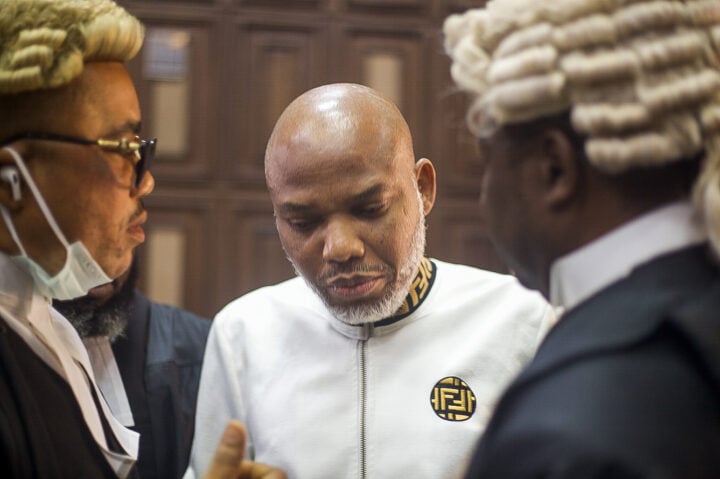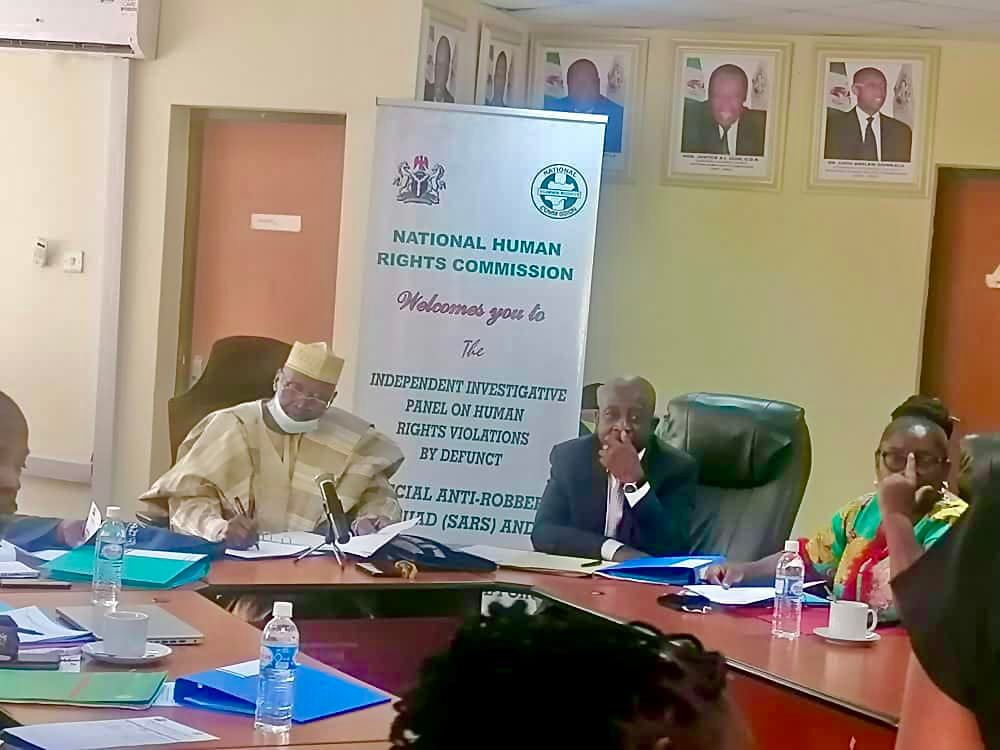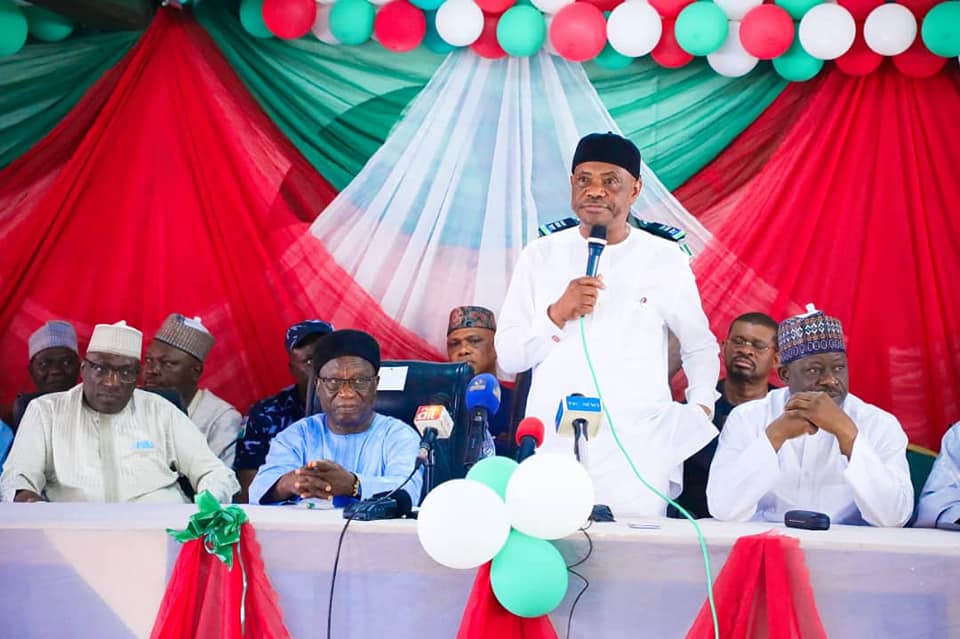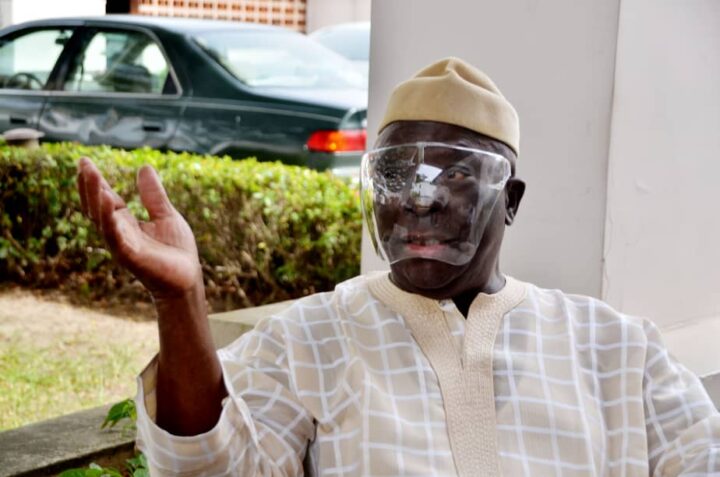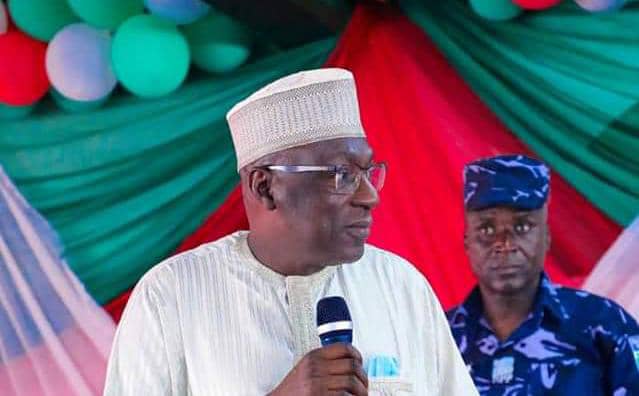Nnamdi Kanu, leader of the Indigenous People of Biafra (IPOB), has asked a federal high court in Abuja to void its new practice directions which approved the secret conduct of terrorism trials.
According to the new guidelines issued earlier in April, terrorism proceedings will be conducted in secret, except when the chief judge of the court grants permission for media coverage.
“Proceedings of offences of terrorism, subject to the provisions of Section 232 of the Administration of Criminal Justice Act, 2015 and section 34 of the Terrorism (Prevention) Act, 2011 (as amended), shall be held in camera or as may be ordered by the court,” the document reads.
“The coverage of proceedings under these practice directions is strictly prohibited, save as may be directed by the court.”
Advertisement
In the suit marked FHC/ABJ/ CS/550/2022, Kanu, who is facing treasonable felony charges, said the new guidelines are illegal, unconstitutional and ought to be declared null and void
John Tsoho, chief judge of the federal high court, and the chief registrar of the court were cited as defendants in the suit.
Kanu, through his lawyer, Ifeanyi Ejiofor, is seeking an order of perpetual injunction, restraining the defendants, “whether by themselves, servants, agents, privies, and all other officers and agents of the federal high court of Nigeria from applying and enforcing the provisions of the federal high court practice directions (on trial of terrorism cases) 2022″.
Advertisement
He is also asking for “a declaration that the failure of the 1st defendant to first seek and obtain the approval of the Federal Executive Council (or the National Council of Ministers) of the Federal Republic of Nigeria prior to enacting the Federal High Court Practice Directions (on Trials of Terrorism Cases), 2022, as required by Section 44 of the Federal High Court Act renders the Federal High Court Practice Direction (On Trial of Terrorism Cases) 2022, ultra vires, null and void”.
Kanu also wants an order from the court declaring that “Order III Rules 3(b) and (d) of the Federal High Court Practice Directions (On Trials of Terrorism Cases) 2022, which respectively empower a Federal High Court trying terrorism cases ‘to receive evidence by video link, and to receive written deposition of expert witness’ are inconsistent with Items 23 and 68 of the Exclusive Legislative List as well as Paragraph 2(b) of Part III of the 2nd Schedule to the Constitution, which confers on the National Assembly the exclusive power to make rules of evidence, both substantive and adjectival and are therefore ultra vires, null and void to the extent of the inconsistency”.
Meanwhile, no date has been fixed for hearing of the matter.
Advertisement
Add a comment
